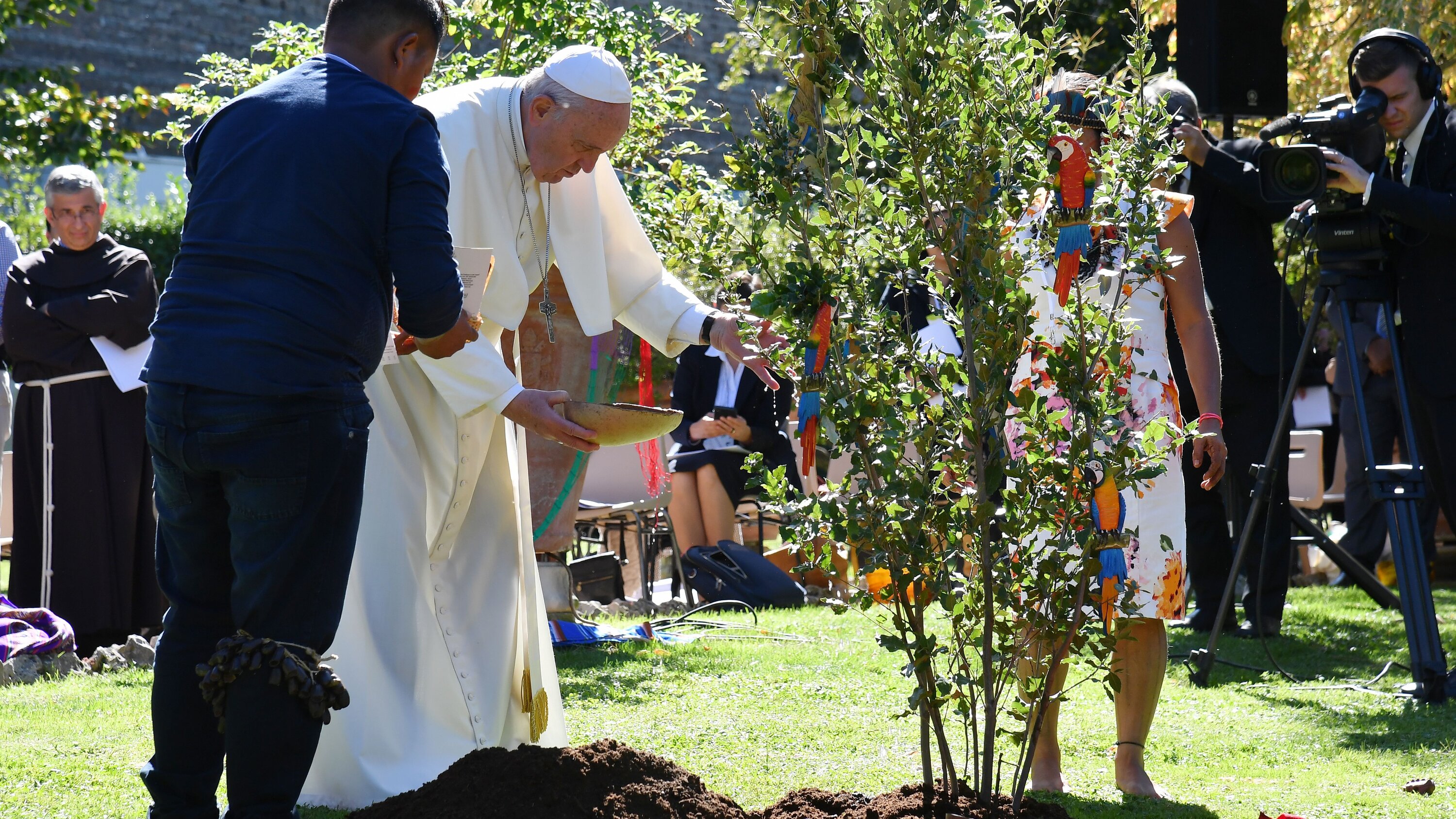Green Prayers: How Spiritual Beliefs Are Driving Climate Change Warriors

In a powerful convergence of spiritual wisdom and environmental consciousness, religious leaders across the globe have emerged as passionate advocates for planetary stewardship. At the forefront of this movement stands Pope Francis, whose groundbreaking encyclical "Laudato Si'" has dramatically elevated the conversation about humanity's sacred responsibility to protect and nurture the Earth.
Religious traditions from around the world are increasingly recognizing environmental protection not just as a scientific imperative, but as a profound moral and spiritual calling. From Buddhist monks in the Himalayas to Islamic scholars in the Middle East, faith communities are weaving ecological awareness into their theological narratives, emphasizing that caring for the planet is a fundamental expression of reverence for creation.
Pope Francis, in particular, has been a transformative voice, challenging believers and non-believers alike to view environmental conservation through a lens of global solidarity and intergenerational responsibility. His passionate plea transcends traditional religious boundaries, offering a universal message of hope and collective action in the face of climate challenges.
By bridging spiritual teachings with environmental ethics, these religious leaders are inspiring millions to reimagine humanity's relationship with the natural world—transforming environmental stewardship from a political debate into a deeply personal and collective commitment to our shared planetary home.
